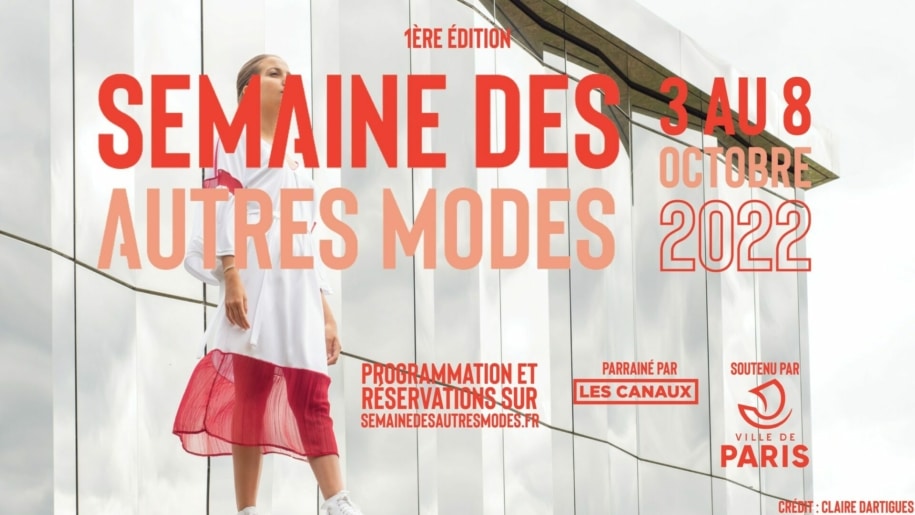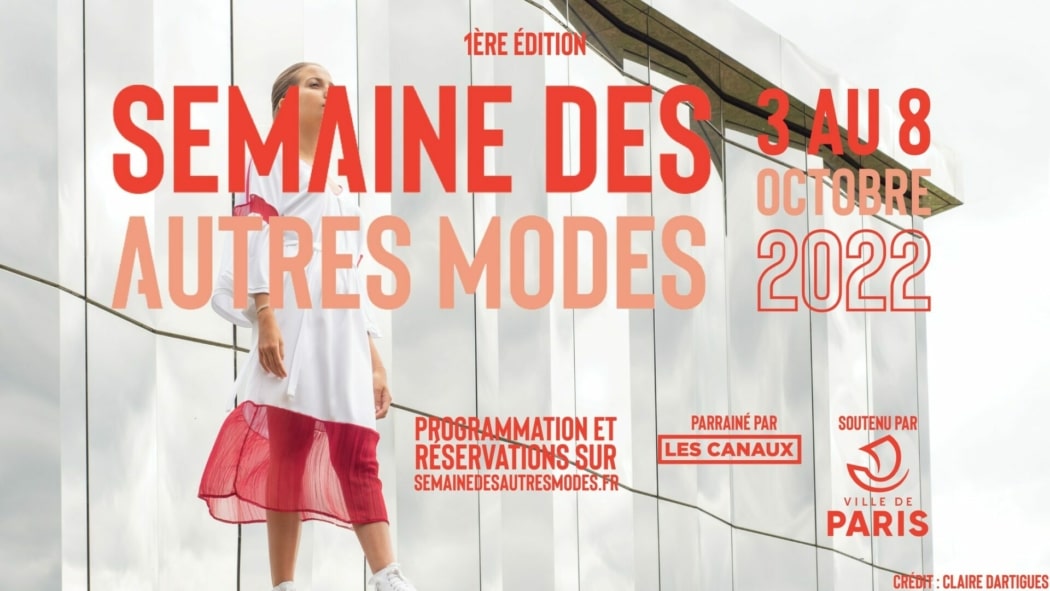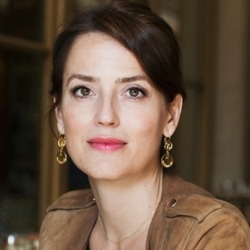At the launch of Other Fashions Week in Paris, Caroline Véran (founder and director of Croissance Bleue) gave the inaugural speech on ethical and sustainable fashion by the UAMEP collective at the Eiffel Tower.

A speech to unite people around a common vision and a societal project focused on social improvement. The textile industry is one of the most emblematic of the problems posed by over-consumption.
The UAMEP collective is the organizer of Semaine des Autres Modes.
It’s a unique event in Paris, organized every year in October, alongside Fashion Week. Supported by the City of Paris, La Semaine promotes a collective vision and breaks down barriers by bringing together a wide range of players and institutions, and by appealing to all publics. Today, it is the benchmark annual event for responsible fashion in Paris. In a nutshell, what does the UAMEP collective stand for? “Making visible together other modes of consumption that enhance our local, natural and cultural heritage by forging links.”
Fashion is often predatory for the living and precarious for the most fragile populations. Here or on the other side of the world.
The Rana Plaza disaster in 2013 is undoubtedly the flagship symbol of this fashion’s shortcomings. Over a thousand sweatshop workers died. Not to mention, the tens of thousands of tons (between 10,000 and 20,000) of textile products destroyed every year in France, according to the French Ministry of Ecological Transition.
Once this has been established, it’s time to become aware of it, to denounce it. But above all, it’s time to take action to transform the entire fashion industry.
Today’s fashion industry is faced with two models: fast fashion (the temple of over-consumption) on the one hand, and committed fashion on the other. Fashion that embraces the circular economy, SSE and responsible production and consumption.
To ensure that this model becomes the norm over the long term, the challenge is to make Other Fashions Week a lasting event, to launch the P.A.N.A.M.E prize and finally to launch the first slow fashion-week.
It’s with collectives like UAMEP that this transformation can take place, for ethical and sustainable fashion.
Find out more on the Collectif UAMEP website .

